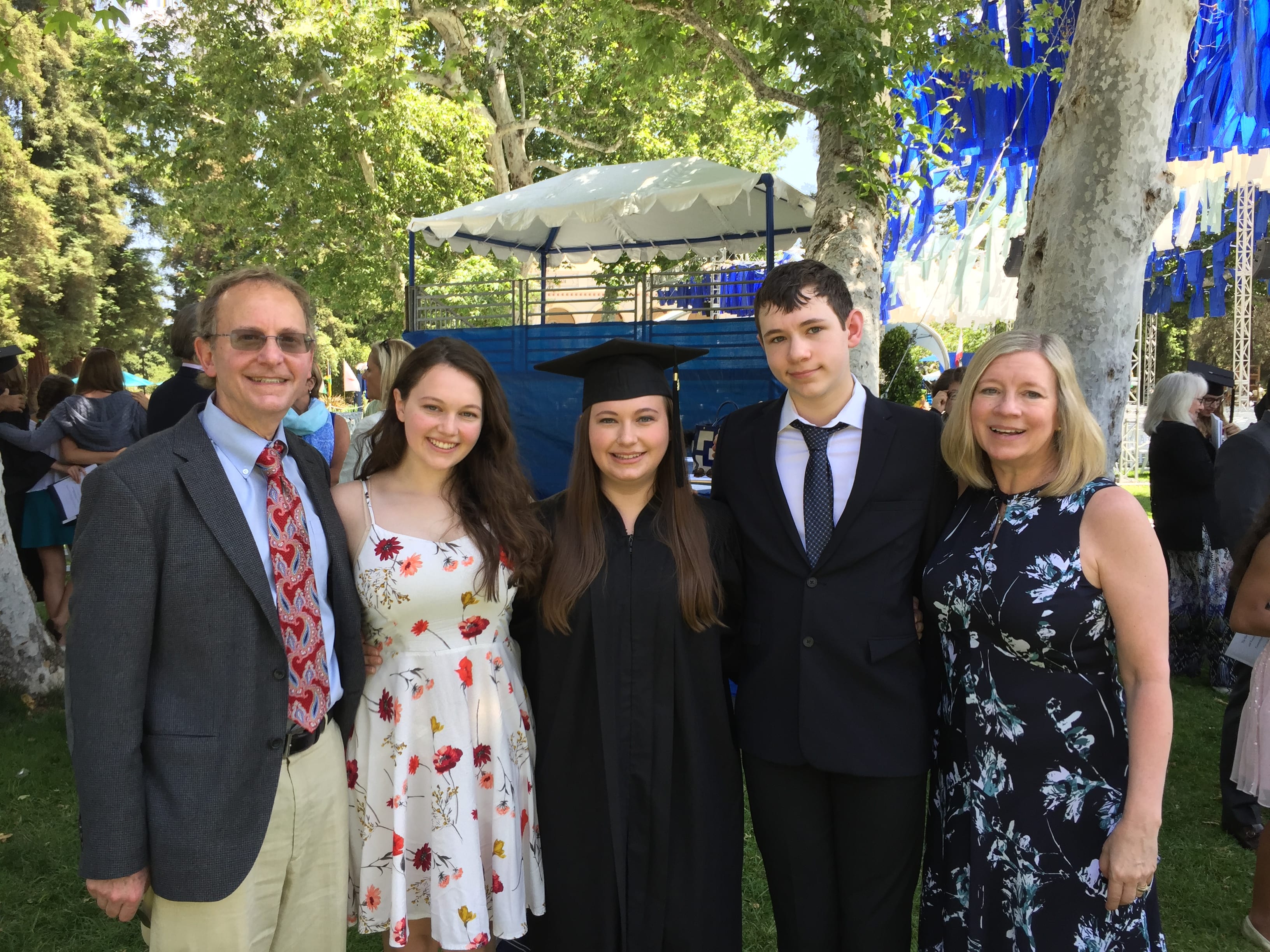Posted By: Elisabeth Rosenthal, PhD, Member of the ASHG Communications Committee
Achieving work-life balance as a scientist is hard; the hours are long and can be unpredictable. Here’s some advice from Gail Jarvik, a member of ASHG’s Board of Directors, a physician and statistical geneticist at the University of Washington, and Head of the Division of Medical Genetics at UW.

Elisabeth: You are a clinician, researcher, administrator, and your work requires a lot of traveling. You are also married with three children. How?
Gail: It can be done. It helps to be very organized. I also have a supportive spouse who introduced me to the concept of getting as much help as we could afford when our family was young. His parents were both academics and he was well-trained from watching how they made it work. I had never had a housekeeper. That was his idea—even before we had children.
Elisabeth: How old are your children now?
Gail: Our children are now 22, 20, and 14 years old. At this point, only our 14-year-old takes substantial time. However, aging parents are beginning to take more time.
Elisabeth: How did you adjust your work when you first had children?
Gail: I went into the office early in the morning. You can get a lot done before everyone else shows up. At that time, I stayed off email from 7 until 9 AM. It allowed me to focus without distraction. I would work for a couple more hours after the kids were in bed at night. It is a real advantage to be a statistical geneticist. I have always been able to work very productively from home.
Elisabeth: How did you arrange childcare?
Gail: Unfortunately, the Seattle area does not have great childcare options. My husband is also a physician-scientist, so we needed flexible help. We have had live-out nannies for 22 years now. We have treated this as professional positions with a vacation, sick days, and health and unemployment insurance. There have definitely been some challenges, but our current nanny has worked with us for 14 years. We know she truly loves our kids.
Elisabeth: Did you work on weekends?
Gail: Of course, but for the most part I have been able to work from home.
Elisabeth: Any not-so-proud moments?
Gail: Not too many. Or, at least, not very many that I recall. I was able to volunteer one half day a week at my children’s grade school for many years. For the most part my schedule was flexible enough to be at recitals, performances, games, etc. I limited traveling when my first two children were young. I did finish a grant at the hospital while in labor. It was my project in a larger PO1 competitive renewal, so it had to get done. The baby was early. The grant was on time and it was funded.
Elisabeth: Any parting advice?
Gail: It all works somehow. You do not need to do all of it yourself. I had to learn how to accept help from both professionals and friends. Final advice: it is OK to bring store-bought food to the school potluck.
Gail Jarvik, MD, PhD, is the Arno G. Motulsky Endowed Chair in Medicine, Joint Professor of Medicine and Genome Sciences, and Head of the Division of Medical Genetics at the University of Washington. She is also an Adjunct Professor of Epidemiology at the UW Medical Center and an Affiliate Member of the Fred Hutchinson Cancer Research Center. A longtime member of ASHG, she served on its Program Committee from 2009-12 and has been a Board member since 2015.
